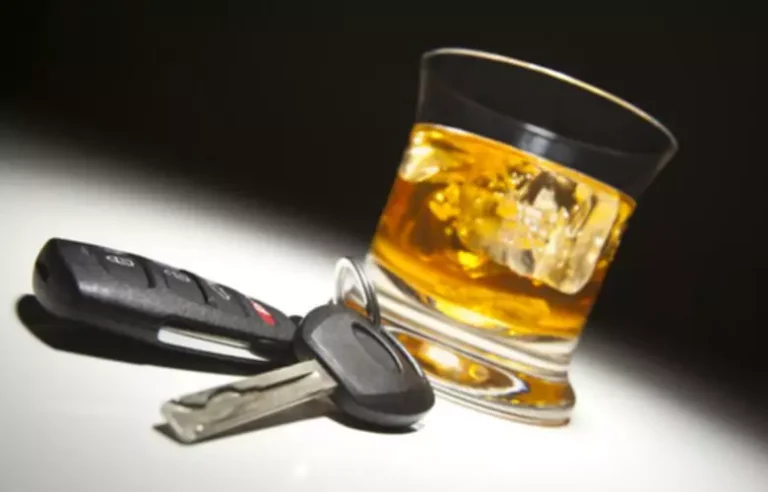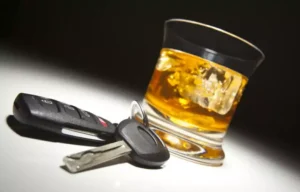
Sugary drinks can cause hyperglycemia (spikes of high blood sugar). Avoid sugary mixed drinks, as well as sweet wines or dessert wines. Instead, consider having cocktails mixed with diet beverages, seltzer, or club soda. If low-sugar drinks aren’t available, it may be best to avoid drinking entirely. When deciding whether to drink with diabetes, you’ll need to determine whether you’ll be able to monitor your alcohol consumption and drink in moderation.

General Health

It’s important to eat before you drink, test your blood sugar regularly, and wear identification if you have diabetes. You may talk to a healthcare provider to know how alcohol will affect your blood sugar. Exercise can also increase the risk of hypoglycemia when coupled with other factors, such as drinking alcohol. Doctors strongly encourage people with diabetes to engage in regular physical activity because it reduces blood sugar. However, exercising, drinking alcohol, and taking blood sugar-lowering medication could cause hypoglycemia. Alcohol can cause blood glucose levels to rise or fall, depending on how much you drink.
- But some sweet wines and beers have more carbs than others, and the sugars in cocktails, hard seltzers, and similar drinks can make booze extremely high carb.
- Having a small drink is unlikely to result in life-threatening outcomes in people with diabetes.
- Drinking alcohol can exacerbate neuropathy by increasing pain and numbness.
- Whether you enjoy walking, biking, or taking a hip-hop class, you may look forward to a nice, cool beverage afterward.
- If your glucose drops to less than 70 milligrams per deciliter (mg/dL), you’ll need to down 15 grams of fast-acting carbohydrates.
- Drinking just gets more complicated when you consider the immediate impact that “carby” beverages have on your blood sugar levels.
Problems Tracking Carbohydrates
Handling a hangover may require additional preparation and care, according to Everyday Health’s network site Diabetes Daily. Too much drinking, on the other hand (more than three drinks daily), can lead to higher blood glucose and A1C. Take a look at the numbers and you’ll find that only moderate drinkers have less cardiovascular disease. Those on the opposite ends of the spectrum—people that drink heavily and those that don’t—have a greater risk. But is the occasional cocktail or glass of wine really so bad?
Eat First
- These symptoms can be confused with or mask the symptoms of low blood sugar.
- Drinking while taking one or more of these medications may cause them to work less effectively and cause side effects such as nausea and vomiting.
- On the other hand, if you have lots of food and then drink too much, your blood sugar can get too high.
- Alcohol can interact with diabetes medications and impact your blood sugar.
If you aren’t, drinking can put you at an increased risk of developing them. If someone chooses to consume alcohol, they should have food with it and keep a close watch on their blood sugar. Because alcohol is highly addictive and research links heavy consumption to an array of adverse health effects, avoiding the beverage is the healthiest choice for anyone. Because even moderate alcohol consumption can adversely many aspects of health, the negatives seem to outweigh the positives. Insulin’s effect is always at diabetes and alcohol blackouts least somewhat unpredictable, and you also have the delayed blood sugar-lowering effect of alcohol to worry about. The use of rapid insulin could make the morning-after hypoglycemia even more extreme.


CMI is the product of waist-to-height ratio and triglycerides-to-HDL (“good”) cholesterol ratio that assesses your risk for heart disease. A study published in 2020 used data from the Action to Control Cardiovascular Risk in Diabetes (ACCORD) trial. The researchers analyzed 10,200 eligible participants with type 2 diabetes. They found alcoholism treatment that one to seven drinks per week didn’t increase blood pressure. Before drinking alcohol, be sure to explain the signs of low blood sugar to those with you. That will prepare them to identify hypoglycemia in case it occurs, even if you can’t.
- Programs typically last 30 to 90 days but may last longer depending on the progress and needs of each patient.
- Under normal circumstances, the liver holds emergency stores of glucose for when a person’s levels become too low.
- In addition, certain non-diabetic medications do not mix well with alcohol.
- However, artificial sweeteners may actually contribute to the development or worsening of not only T2D but also obesity and cardiovascular disease.
- Your body processes alcohol differently than most foods and beverages.
Other risk factors for type 2 diabetes
If you are diabetic and you have witnessed some health issues, consult your doctor as soon as possible. On taking the same amount of alcohol, both diabetics and non-diabetics get the same results. In case of taking more amounts in, diabetics can face the severity of hypoglycemia and ketoacidosis. Hypoglycemia can further lead to hungriness, low blood sugar levels, anxiety, and shakiness of the body.